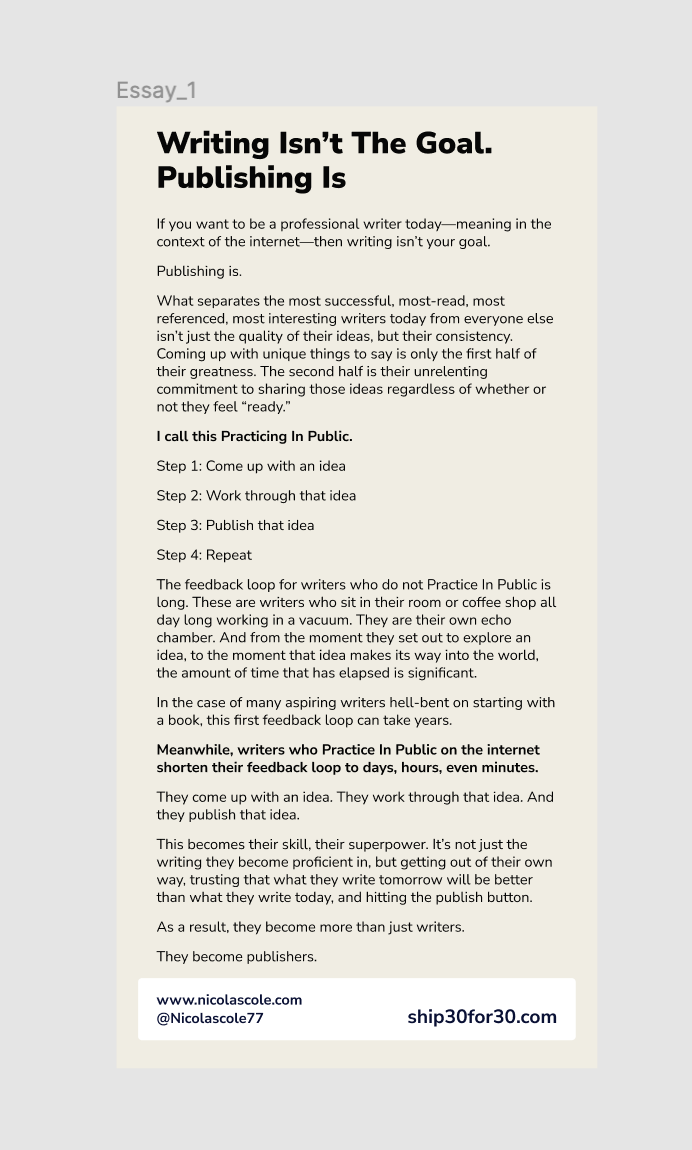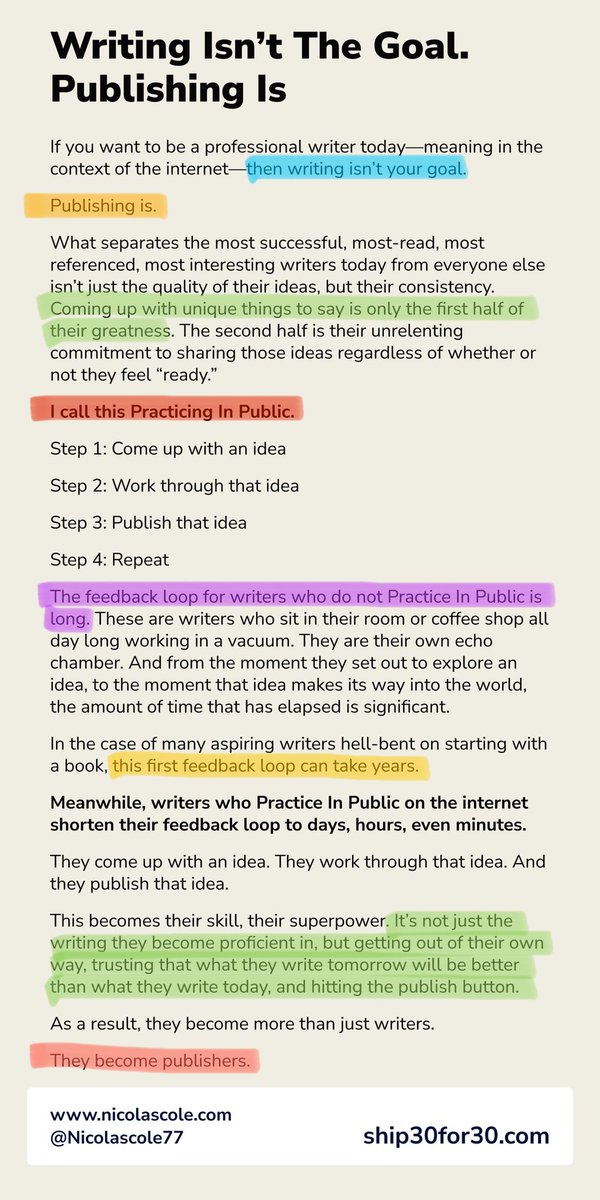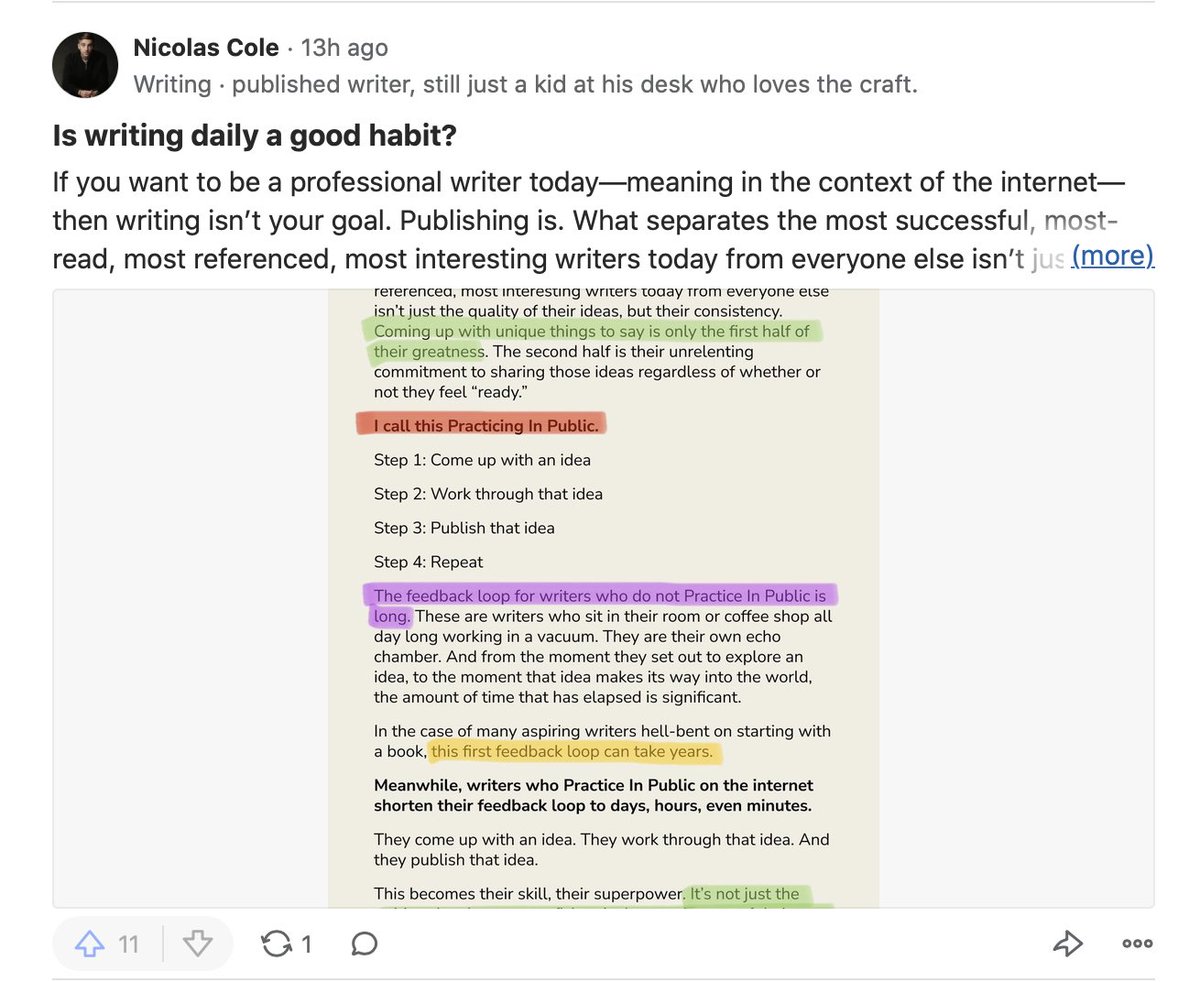Many bearish sentiments across the mortgage sector because they believe companies won't succeed as much when rate finally go back up (3 maybe 4 years from now). Which makes sense except for $GHIV and here's why. In 2016 Brexit came & rates went down which lead to huge success...
More from Brexit
Been waiting for 👇 🚨
Important story on what a “tariff-free” deal means in practice and why it’s not enough for two economies as closely integrated.
Tariffs are removed on goods that meet rules of origin. This is a complex and nuanced area of customs.
/1
Important to remember that trade deals (FTAs) weren't designed with such a high degree of economic integration in mind.
So some of the standard RoO provisions will seem incredibly restrictive under the UK-EU deal.
/2
Minimal operations or insufficient processing is a standard part of an FTA. Most, if not all FTAs, include a provision on minimal processing – processing not considered sufficient to confer originating status even if rules of origin have been met.
/3
It is standard procedure not to apply cumulation when goods have only been subject to minimal processing.
To be able to cumulate origin and consider the final product of UK origin, the processing carried out in the UK needs to exceed minimal operations.
/4
The level of integration between the UK and the EU means that this will have significant consequences for a number of industries.
For example, in supply chains where goods are brought into the UK from the EU and reassembled, sorted or repackaged and re-exported to ROI.
/5
Important story on what a “tariff-free” deal means in practice and why it’s not enough for two economies as closely integrated.
Tariffs are removed on goods that meet rules of origin. This is a complex and nuanced area of customs.
/1
\U0001f6a8\U0001f6a8\U0001f6a8\U0001f1ea\U0001f1fa\U0001f1ec\U0001f1e7\U0001f69b\U0001f692\U0001f1ea\U0001f1fa\U0001f1ec\U0001f1e7\U0001f6a8\U0001f6a8\U0001f6a8 serious #brexit story alert - companies now starting to see penny drop on what rules of origin does to supply chains (food for example) but Brussels seems deaf to both EU & U.K. pleading. A bellwether? \U0001f62c Stay with me. 1/
— Peter Foster (@pmdfoster) January 6, 2021
https://t.co/HoDSDxhKaL
Important to remember that trade deals (FTAs) weren't designed with such a high degree of economic integration in mind.
So some of the standard RoO provisions will seem incredibly restrictive under the UK-EU deal.
/2
Minimal operations or insufficient processing is a standard part of an FTA. Most, if not all FTAs, include a provision on minimal processing – processing not considered sufficient to confer originating status even if rules of origin have been met.
/3
It is standard procedure not to apply cumulation when goods have only been subject to minimal processing.
To be able to cumulate origin and consider the final product of UK origin, the processing carried out in the UK needs to exceed minimal operations.
/4
The level of integration between the UK and the EU means that this will have significant consequences for a number of industries.
For example, in supply chains where goods are brought into the UK from the EU and reassembled, sorted or repackaged and re-exported to ROI.
/5























